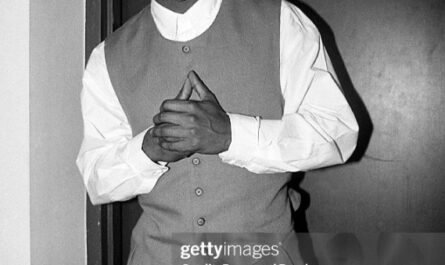In the realm of cinema, where emotions run deep and narratives tug at heartstrings, there exists a beacon of lightheartedness amidst the sea of somber tales: Adam Sandler. With his trademark blend of slapstick humor, endearing characters, and ridiculous situations, Sandler has carved a niche in the hearts of audiences worldwide. Yet, beyond the realm of entertainment, his films serve a greater purpose—they offer solace, laughter, and an antidote to sadness.
The Science of Laughter:
Laughter, that age-old elixir of joy, has long been hailed for its therapeutic properties. Scientifically speaking, the act of laughing triggers the release of endorphins—neurotransmitters that act as natural painkillers and mood elevators. As outlined by the Cleveland Clinic, endorphins have mood-boosting effects, effectively serving as nature’s antidote to sadness.
Enter Adam Sandler, the maestro of mirth, whose comedic oeuvre is imbued with the power to elicit belly laughs and uplift spirits. From the absurd antics of “Billy Madison” to the heartwarming charm of “The Wedding Singer,” Sandler’s films serve as veritable conduits for the release of endorphins, transporting audiences from tears to cheers in a matter of moments.
Relatable Characters, Relatable Problems:
Central to the allure of Sandler’s films is the universality of his characters’ struggles. Whether grappling with family issues, friendship troubles, or romantic woes, Sandler’s protagonists navigate the treacherous terrain of life with equal parts humor and heart. In their triumphs and tribulations, audiences find mirrors reflecting their own joys and sorrows, forging an empathetic bond that transcends the confines of celluloid.
Consider “Big Daddy,” wherein Sandler portrays a hapless slacker thrust into the role of surrogate fatherhood. Beneath the veneer of hilarity lies a poignant exploration of love, responsibility, and the transformative power of parental bonds. As audiences witness Sandler’s character navigate the tumult of fatherhood with equal parts ineptitude and earnestness, they find solace in the notion that even the most unlikely heroes can rise to the occasion when love is at stake.
Celebrating Friendship and Camaraderie:
In the tapestry of Sandler’s cinematic universe, friendship reigns supreme. From the ragtag ensemble of “Grown Ups” to the bromantic escapades of “Happy Gilmore,” Sandler’s films are veritable love letters to the bonds of camaraderie. Through laughter and lunacy, his characters forge enduring connections that serve as pillars of support in times of strife.
As outlined by WebMD Health Services, staying connected is key to maintaining good mental health. Sandler’s films embody this ethos, celebrating the joy of companionship and the healing power of laughter shared among friends. In their shared escapades and misadventures, audiences find echoes of their own cherished friendships, reaffirming the importance of social connections in navigating life’s vicissitudes.
Conclusion:
In a world beset by trials and tribulations, Adam Sandler’s iconic roles serve as beacons of hope, humor, and humanity. Through the prism of his comedic lens, audiences find respite from the burdens of sadness, their spirits uplifted by the infectious laughter that permeates his films. From tears to cheers, Sandler’s cinematic odyssey offers a balm for the soul—a reminder that amidst life’s chaos, laughter remains the greatest elixir of all.



